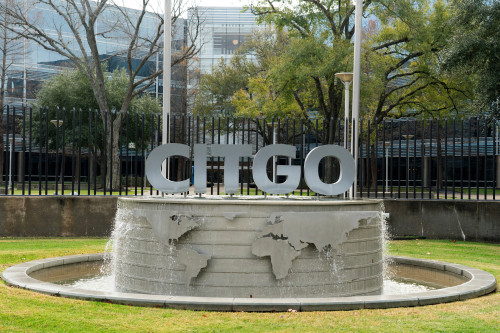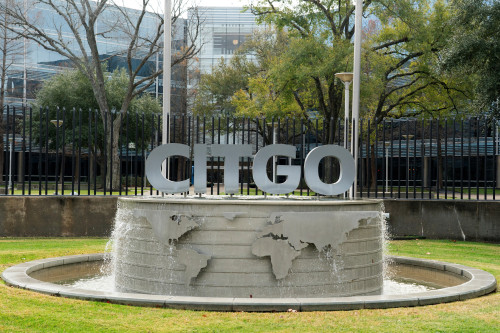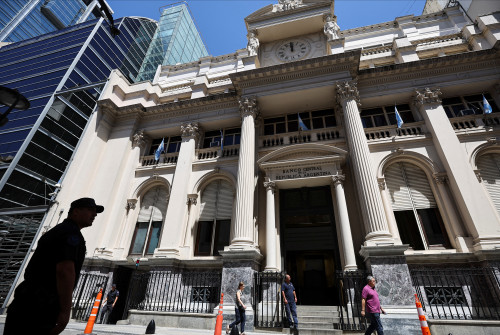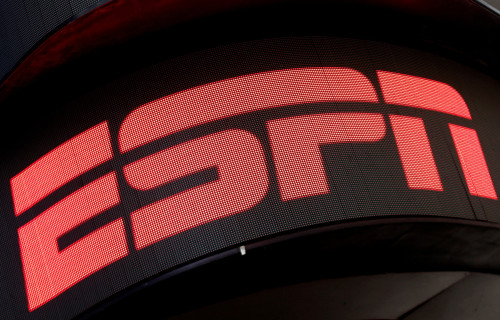By Sarah N. Lynch and Doina Chiacu
WASHINGTON (Reuters) -British American Tobacco Plc has agreed to pay more than $635 million to U.S. authorities after a subsidiary pleaded guilty to charges that it conspired to violate U.S. sanctions by selling tobacco products to North Korea and commit bank fraud, a U.S. court filing and the company said on Tuesday.
The tobacco sales at the heart of Tuesday’s settlement took place from 2007 to 2017 to the isolated Communist nation, according to both the company and the Justice Department. North Korea faces an array of U.S. sanctions to choke off funding for its nuclear and ballistic missile program.
“This case and others like it do serve as a warning shot to companies,” Matthew Olsen, assistant Attorney General of the Justice Department’s National Security Division, told a news conference.
The case represents the “single largest North Korea sanctions penalty” in Justice Department history, he said.
BAT, the world’s second-biggest tobacco group, makes Lucky Strike and Dunhill cigarettes.
Its annual report for 2019 said the group has operations in a number of nations that are subject to various sanctions, including Iran and Cuba, and that operations in these countries expose the company to the risk of “significant financial costs.”
In a statement, British American Tobacco said it has entered into a deferred prosecution agreement with the Justice Department, while one of its indirect subsidiaries in Singapore – BAT Marketing Singapore – pleaded guilty.
It also separately entered a civil settlement with the U.S. Treasury Department’s Office of Foreign Assets Control.
The $635.2 million payment to U.S. authorities is the total to cover the three cases, the company said.
“We deeply regret the misconduct arising from historical business activities that led to these settlements, and acknowledge that we fell short of the highest standards rightly expected of us,” the company’s CEO Jack Bowles said in a statement.
In a court filing, the Justice Department said the company also conspired to defraud financial institutions in order to get them to process transactions on behalf of North Korean entities.
North Korean leader Kim Jong Un is known as a chain smoker – frequently seen with a cigarette in hand in photographs in state media. A U.S.-push for the United Nations Security Council to ban exports to North Korea of tobacco and manufactured tobacco was vetoed by Russia and China in May last year.
In addition to the settlement with British American Tobacco, the Justice Department on Tuesday also disclosed criminal charges against North Korean banker Sim Hyon-Sop, 39, and Chinese facilitators Qin Guoming, 60, and Han Linlin, 41, as part of a “multi-year scheme to facilitate the sale of tobacco to North Korea.”
From 2009 through 2019, the Justice Department said they purchased leaf tobacco for North Korean state-owned cigarette manufacturers and falsified documents to trick U.S. banks into processing at least 310 transactions worth $74 million that would have otherwise been blocked due to sanctions.
The government said North Korean manufacturers, including one owned by the North Korean military, were able to reap about $700 million in revenue thanks to those illicit transactions.
The three defendants remain at large.
The U.S. Department of State is offering a reward of $5 million for Sim, and a reward of $500,000 Qin and Han, for information leading to their capture.
On Monday, the Treasury also imposed sanctions on Sim, a move that cuts him off from accessing the U.S. banking system.
(Reporting by Sarah N. Lynch and Doina Chiacu; additional reporting by Michelle Nicols from the United Nations; Editing by Sharon Singleton and Deepa Babington)





